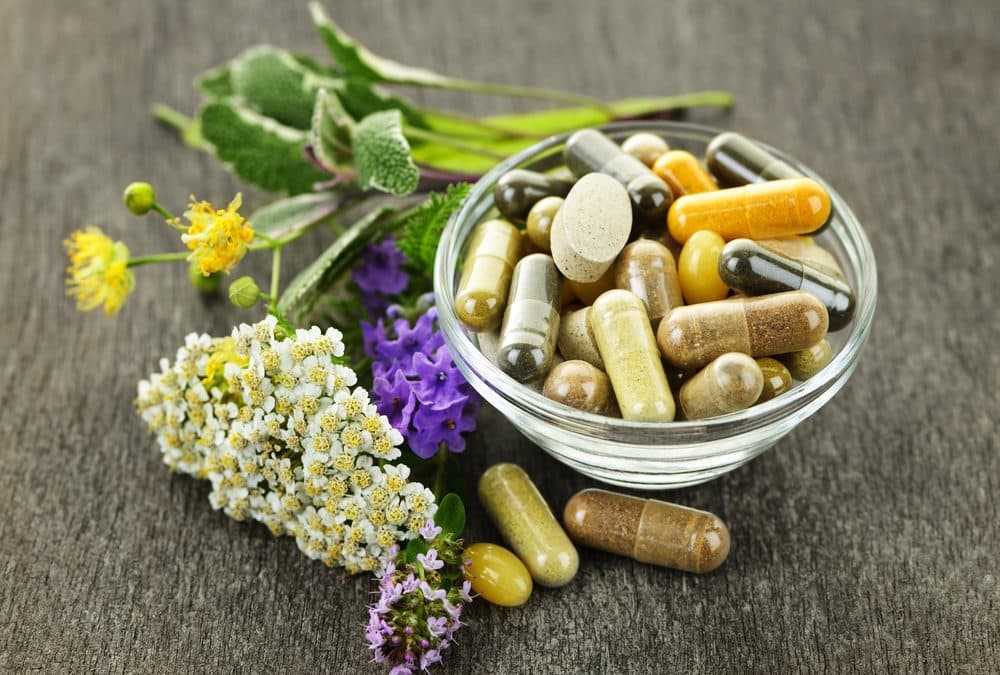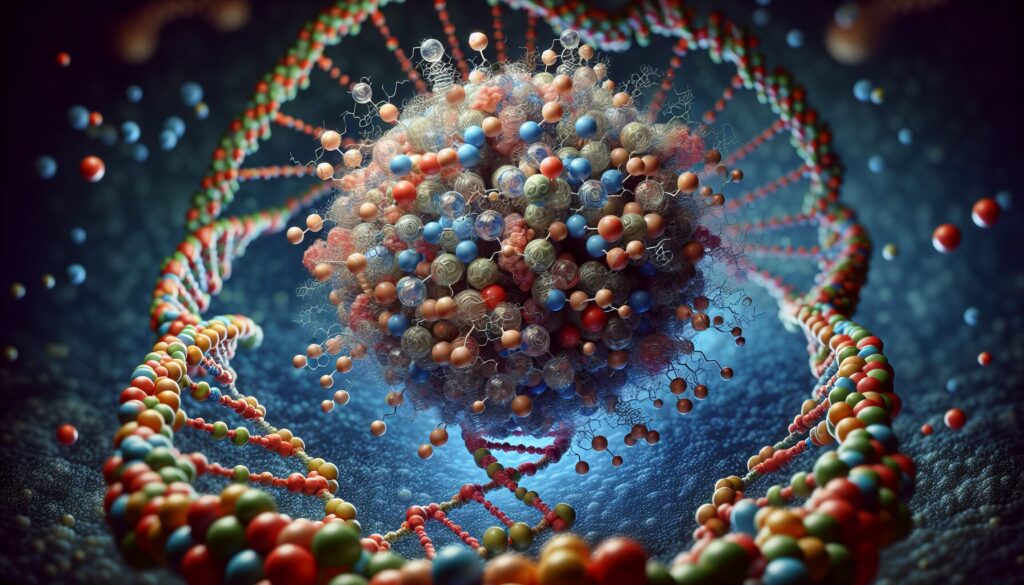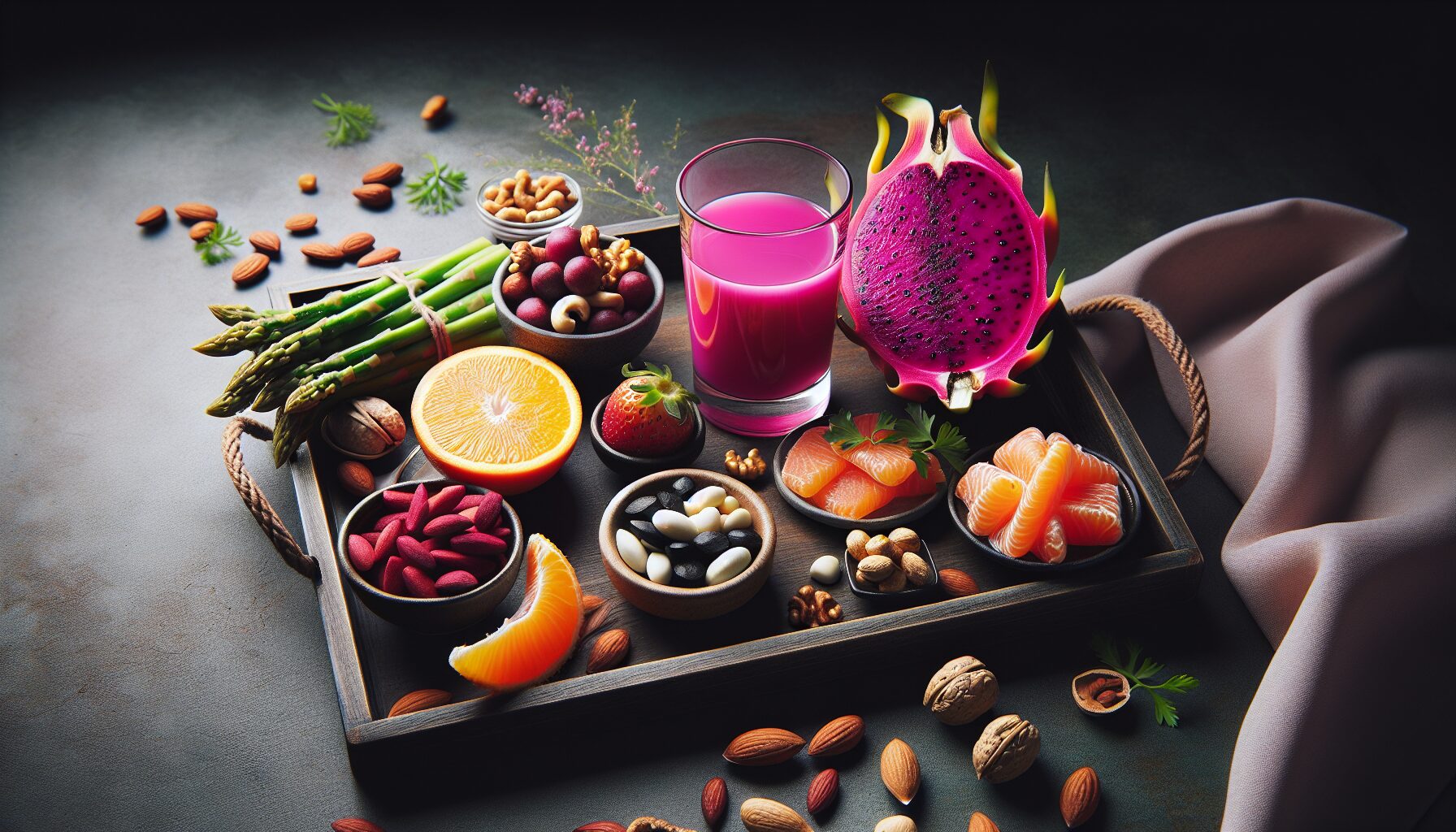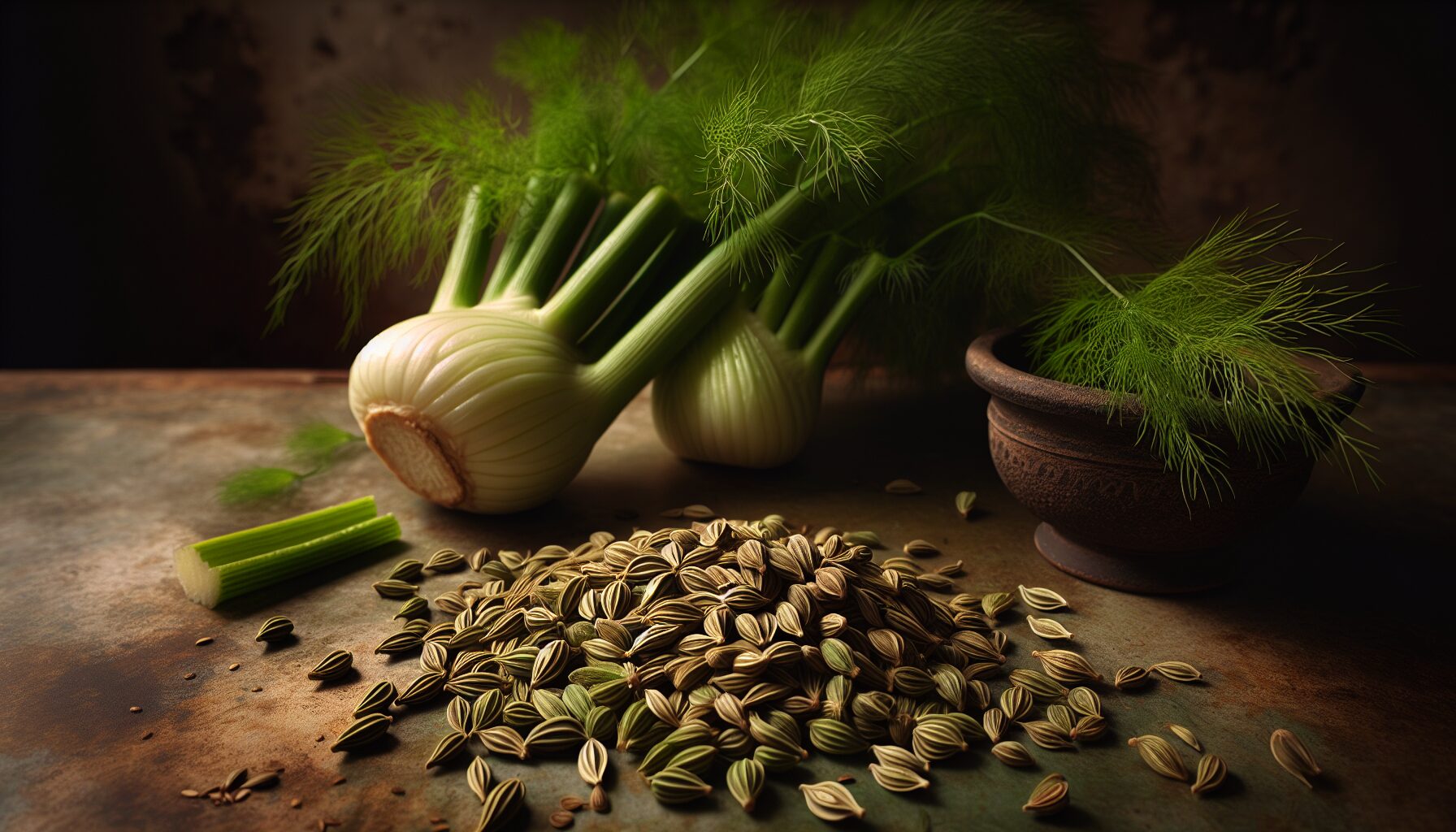
Antioxidants In Pregnancy And Their Benefits For Complications
The use of antioxidants during pregnancy, especially through supplements, is popular for supporting a healthy pregnancy. This is because minimising oxidative stress is thought to have a range of potential health benefits.
One new and important clinical study has looked into the potential benefits of using antioxidants for a specific complication during pregnancy. This particular pregnancy complication is called hyperemesis gravidarum. This is when the mother feels excessively nauseous, vomits, losses a significant amount of weight and becomes heavily dehydrated.
This pregnancy complication effects a significant number of pregnancies worldwide. Around 14% of pregnant mothers are affected by this complication.
The symptoms of this disorder indicate the possibility of a mild issue in pregnancy or complication. Hyperemesis gravidarum or HG can pose risks to the health of mother and child. These include anxiety disorders, autism spectrum disorder and preterm birth.
With this particular pregnancy disorder, accumulative oxidative stress seems to play a key role. One aspect that has been looked at is how the maternal mitochondrial activity skyrockets in HG sufferers. This elevated activity can increase the production of free radical oxygen species and this triggers oxidative stress.
In a normal scenario, outside of pregnancy, the mother would be able to manage their level of oxidative stress through a normal antioxidant balance in the body.
This seems to occur early on in the pregnancy for HG sufferers. The disruption in the oxidative balance within the body has many potential consequences and for pregnant mothers, one of these is HG.
Antioxidant supplements during pregnancy may be able to help with the complications in pregnancy, such as HG, caused by oxidative stress. This is the subject of new research covering the effects of antioxidants on HG complications during pregnancy.

How Antioxidants Can Help With Pregnancy Complications Like HG
While the use of supplements and antioxidant supplements during pregnancy is quite popular, there is a lack of clinical assessments isolating the specific effects of supplemented antioxidants during pregnancy. Pregnancy complications like HG are thought to be triggered by oxidative stress early on in pregnancy and antioxidants may neutralize this stress.
Supplementation with antioxidant rich supplements is thought to improve antioxidant enzyme activity and increase glutathione peroxidase levels in the body. Glutathione peroxidase is highly associated with antioxidant activity and free radical removal. This removal of reproductive oxidative stress and anti-inflammation action is thought to be how symptoms of HG are reduced.
There were a total of 2980 pregnant women in this particular study, with about 8% of these cases resulting in HG pregnancy complications. Levels of key antioxidants such as zinc, selenium, vitamin C, vitamin E and vitamin A were monitored.
This study found that higher antioxidant intake resulted in a lowered risk and incidence or prevalence of HG. The authors of the study think that the higher antioxidant capacity throughout the body may have lowered overall oxidative stress. This is because oxidative stress is linked to the onset of HG in pregnancy. This study came to similar conclusions to others that have used antioxidant supplements or antioxidants for HG in pregnancy. The size of the size is impressive as well, adding more weight to the potential benefits that antioxidants could have on pregnancy.

Other Studies With Antioxidants And HG Complications In Pregnancy
Some previous studies using antioxidants, such as ginger root extract, that possess strong antioxidant capabilities, were seen to lower the incidence of HG pregnancy complication symptoms.
As part of a clinical trial, 500mg of ginger extract taken twice each day and lowered incidences of HG. Containing the powerful antioxidant gingerol, the antioxidant fraction of ginger root extract was thought to alleviate symptoms of HG pregnancy complications. This included nausea, vomiting and other HG pregnancy complications. Gingerol is thought to be a highly powerful free radical scavenger, assisting with the reduction of the build up of oxidative stress in the body.
A similar study looked at more traditional antioxidants in the form of vitamin supplements. One controlled study revealed that an improved dietary intake of vitamin C, E and A each day could help to reduce symptoms of HG in pregnancy. This effect was also noted with the intake of carotene, which has strong antioxidant properties.
An additional follow up study looking at zinc and selenium antioxidant effects on pregnancy came to the same conclusions. There seems to be reasonable evidence to suggest that antioxidant supplements could help with pregnancy complications similar to HG. Similar results have also been noted with the consumption of foods that are high in antioxidants during pregnancy, reducing the risk of developing the nausea and vomiting that comes with HG.

Other Studies With Antioxidants During Pregnancy
One review considering many different studies on antioxidants in pregnancy suggests that antioxidants could reduce the risk of developing different diseases or complications in pregnancy. This is because of how important antioxidants are in maintaining overall health and would increase the chances of an uneventful or risky pregnancy.
Some of the more serious complications seen in pregnancy such as the development of diabetes or foetal growth restriction are linked to high levels of oxidative stress throughout pregnancy. The development of these complications is associated with free radical damage. This includes damage to cell proteins, DNA and cell membrane lipids. Fatty acids are particularly vulnerable to oxidative stress. Oxidative damage in the placenta can lead to unhealthy levels of inflammation and the discussed pregnancy complications too. Antioxidant supplements have been suggested as a potential preventative measure during pregnancy.
As we have mentioned, growth restricted foetal disorders affect about 10% of pregnancies. They may also be associated with long-term consequences such as poor cognitive performance and metabolic syndrome. One major cause of this is thought to be placental dysfunction, associated with higher levels of oxidative stress. For this reason, some studies suggest that higher levels of antioxidants may support placental health throughout pregnancy and support healthy foetal metabolism or growth.
High Blood Pressure Complications During Pregnancy
High blood pressure disorders, such as preeclampsia, can occur during pregnancy. This is when the mother develops very high blood pressure after around 20 weeks. Symptoms include visual alterations and headaches. Extended periods of hypertension of any kind can be quite dangerous. Excessive hypertension can cause damage to body organs. Sufferers of preeclampsia have demonstrably lowered levels of antioxidant vitamins C and E. They also have low levels of reduced glutathione, one of the most powerful antioxidants in the body. Antioxidant supplements could assist with the natural lowering of blood pressure, as they are able to reduce inflammation throughout the body.
Various clinical studies suggest that antioxidant supplementation can have the potential to reduce the risk and incidence of developing hypertension in pregnancy. Specifically, vitamins C and E seem to have regularly shown they could have the potential to reduce high blood pressure in pregnancy.

Summary
Minimising oxidative stress through antioxidant supplements in pregnancy is thought to have a range of potential health benefits.
One new and important clinical study, covered here, looked at the potential benefits of using antioxidants for a specific complication during pregnancy. This complication is called hyperemesis gravidarum or HG.
The child’s mother feels excessively nauseous, vomits, losses a significant amount of weight and becomes heavily dehydrated. There are various health risks to the mother and child. With this particular pregnancy disorder, accumulative oxidative stress seems to play a key role and this is why antioxidants may help.
The study assessed here found that higher antioxidant intake resulted in a lowered risk of HG. This study came to similar conclusions to others that have used antioxidant supplements or antioxidants for HG in pregnancy. The high antioxidant power of ginger extract in particular was seen to help with HG.
Antioxidants could also reduce the risk of developing different diseases or complications in pregnancy. They may increase the chances of an uneventful or risky pregnancy. These complications include diabetes or foetal growth restriction that are linked to high levels of oxidative stress.
The development of these complications is associated with free radical damage. Antioxidant supplements have been suggested as a potential preventative measure during pregnancy. High blood pressure, or preeclampsia, could also occur and antioxidants have been suggested as a means of reducing blood pressure. This would reduce the potential damage to organs that high blood pressure can induce.
The studies discussed here seem to suggest that antioxidant supplements could potentially support healthy pregnancy.
For more interesting articles, see the main articles page below.





